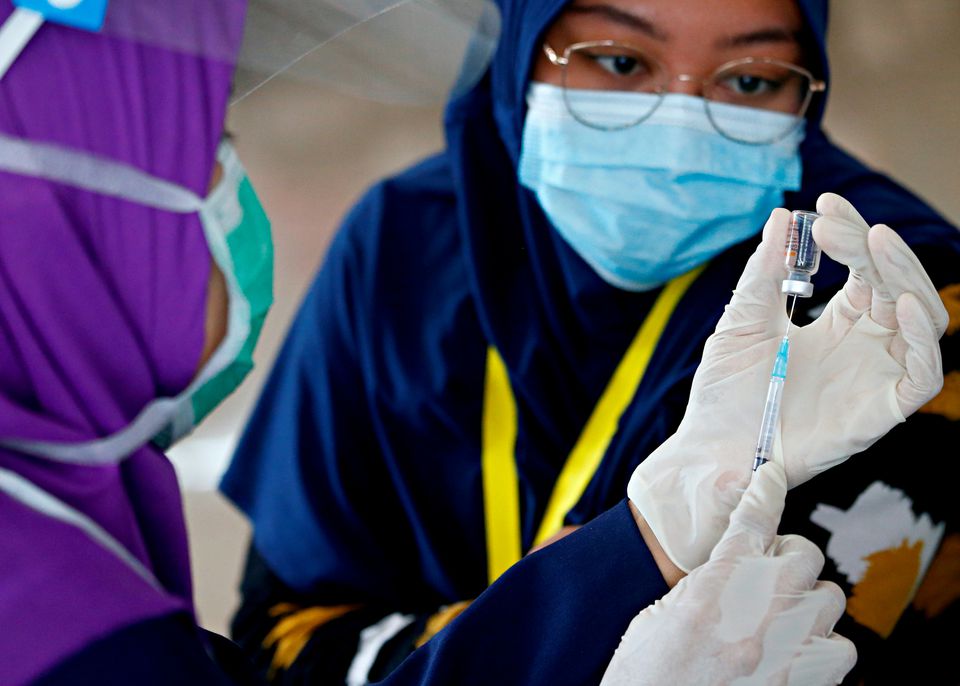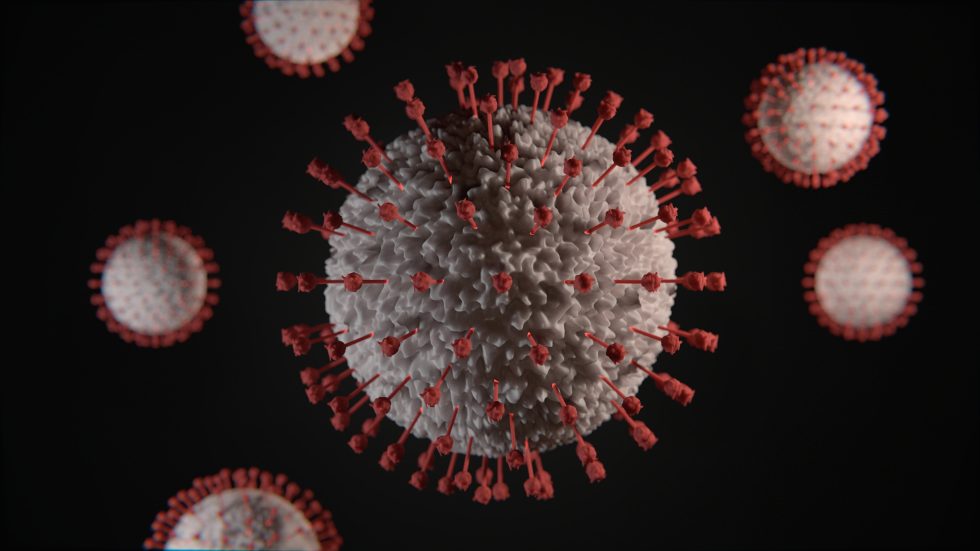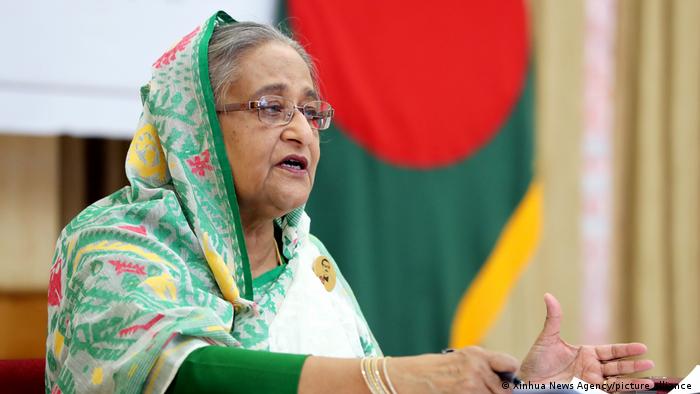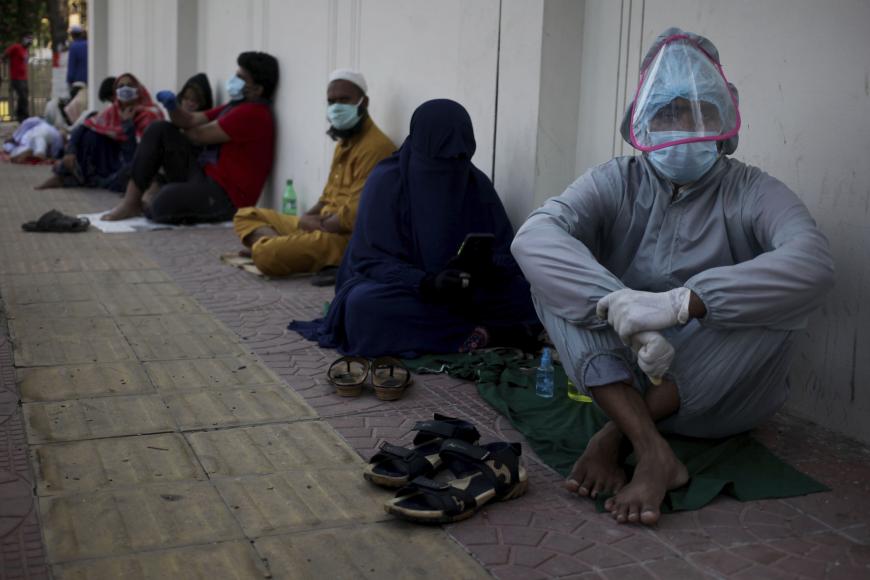Covid 19 has exposed gaps in the budgetary allocations of the subnational governments in Indonesia that resulted in increase of out-pocket health expenditure and catastrophic household spending on health expenditure for health care services. A recent study by Health...








